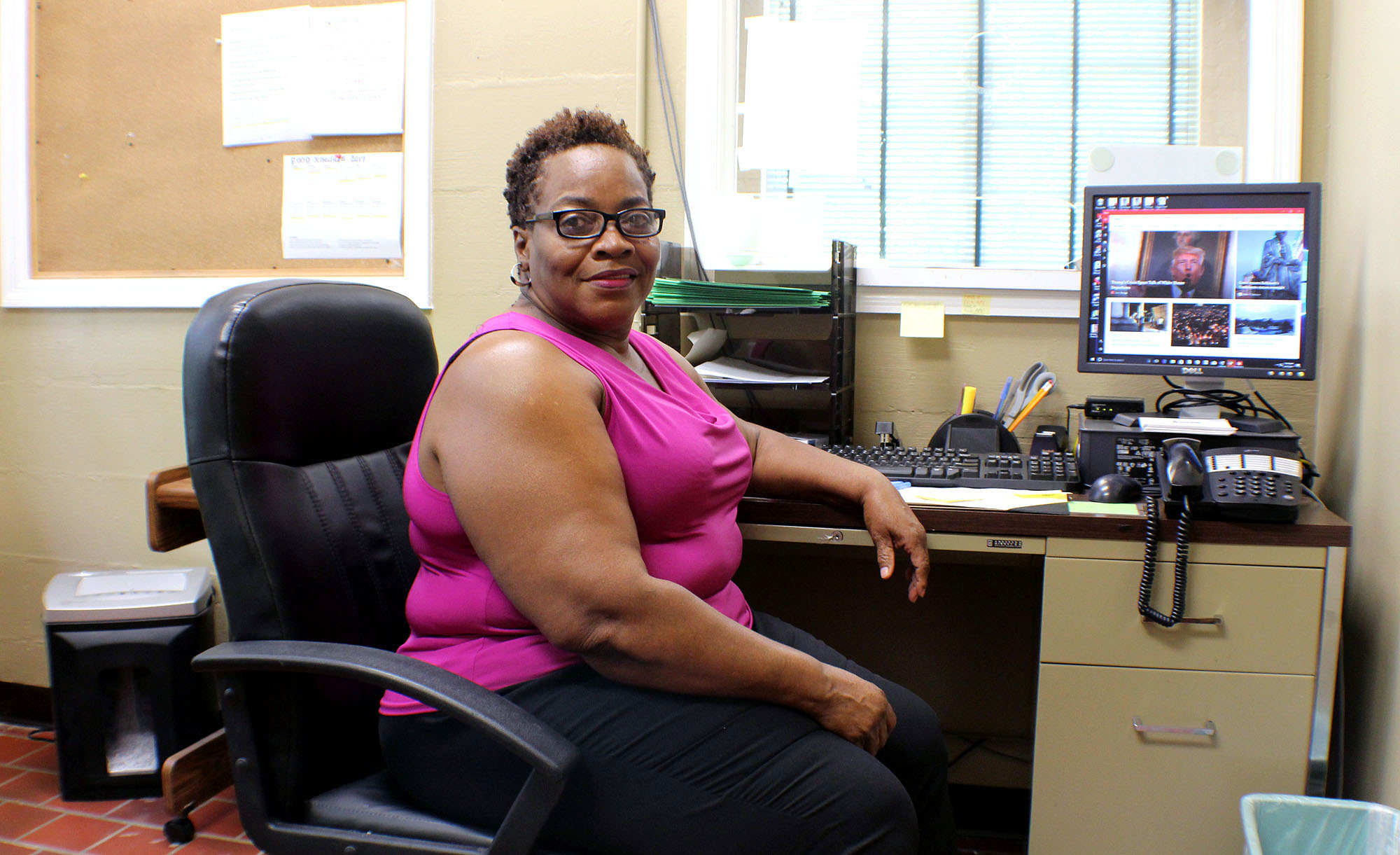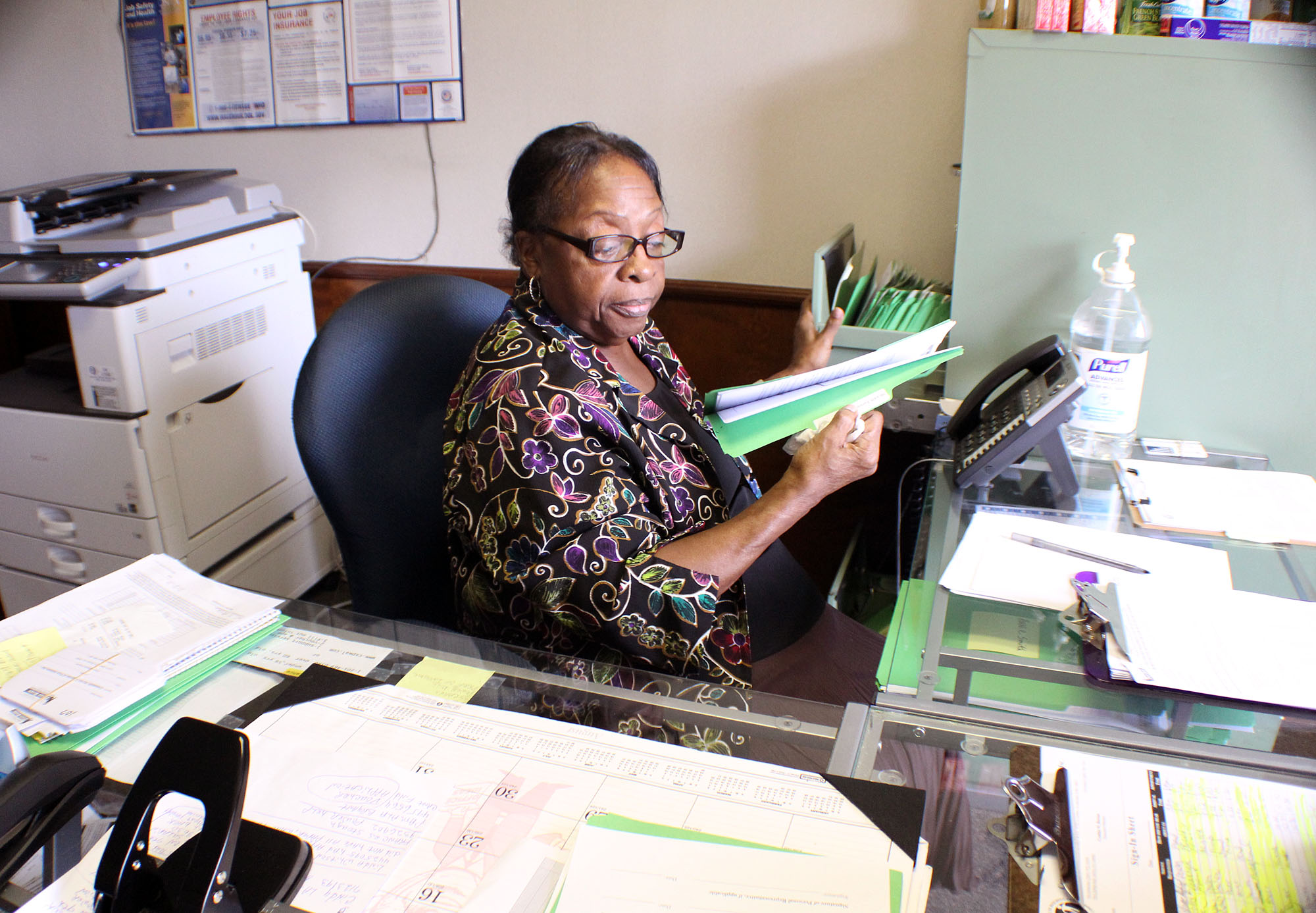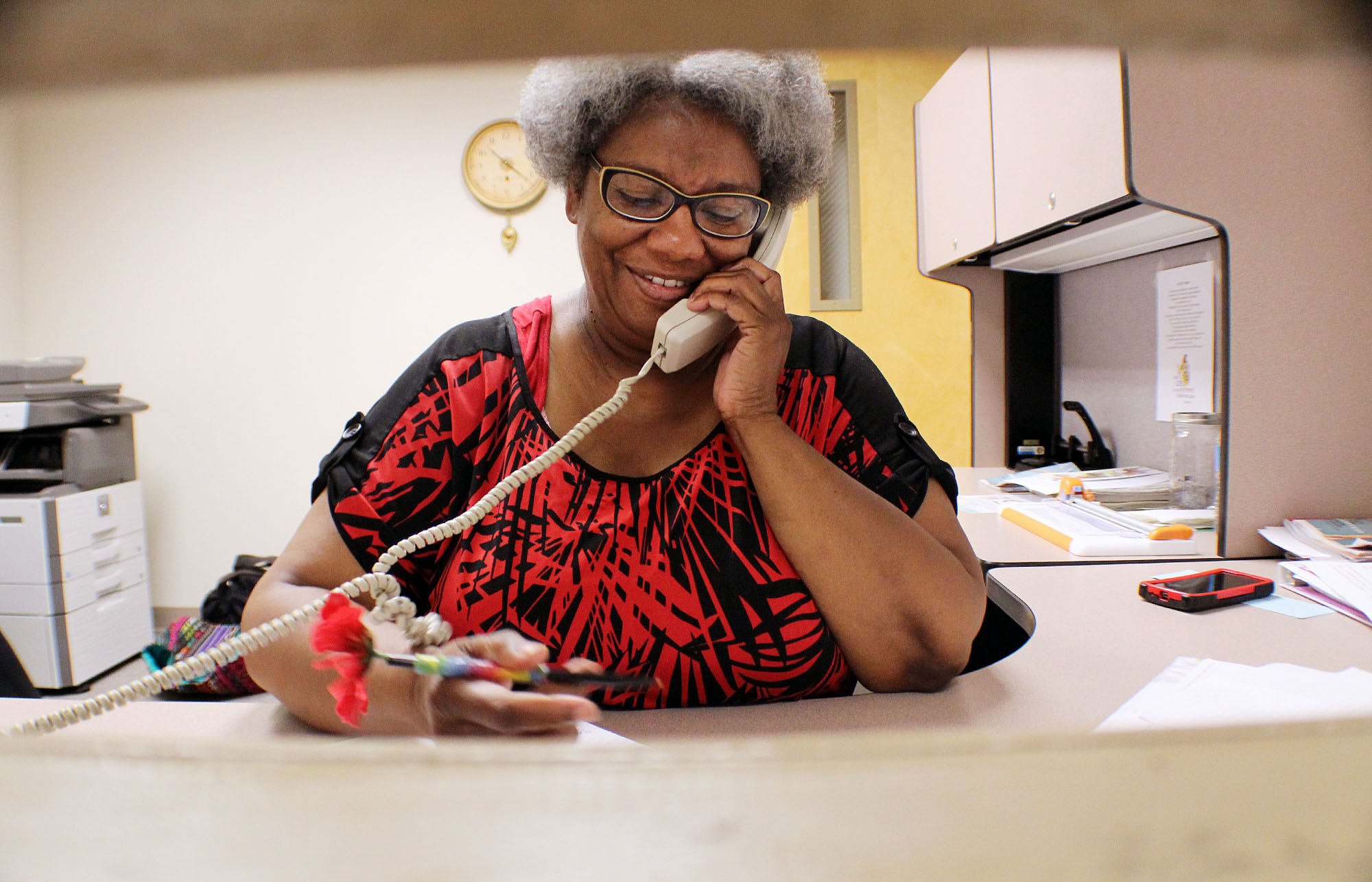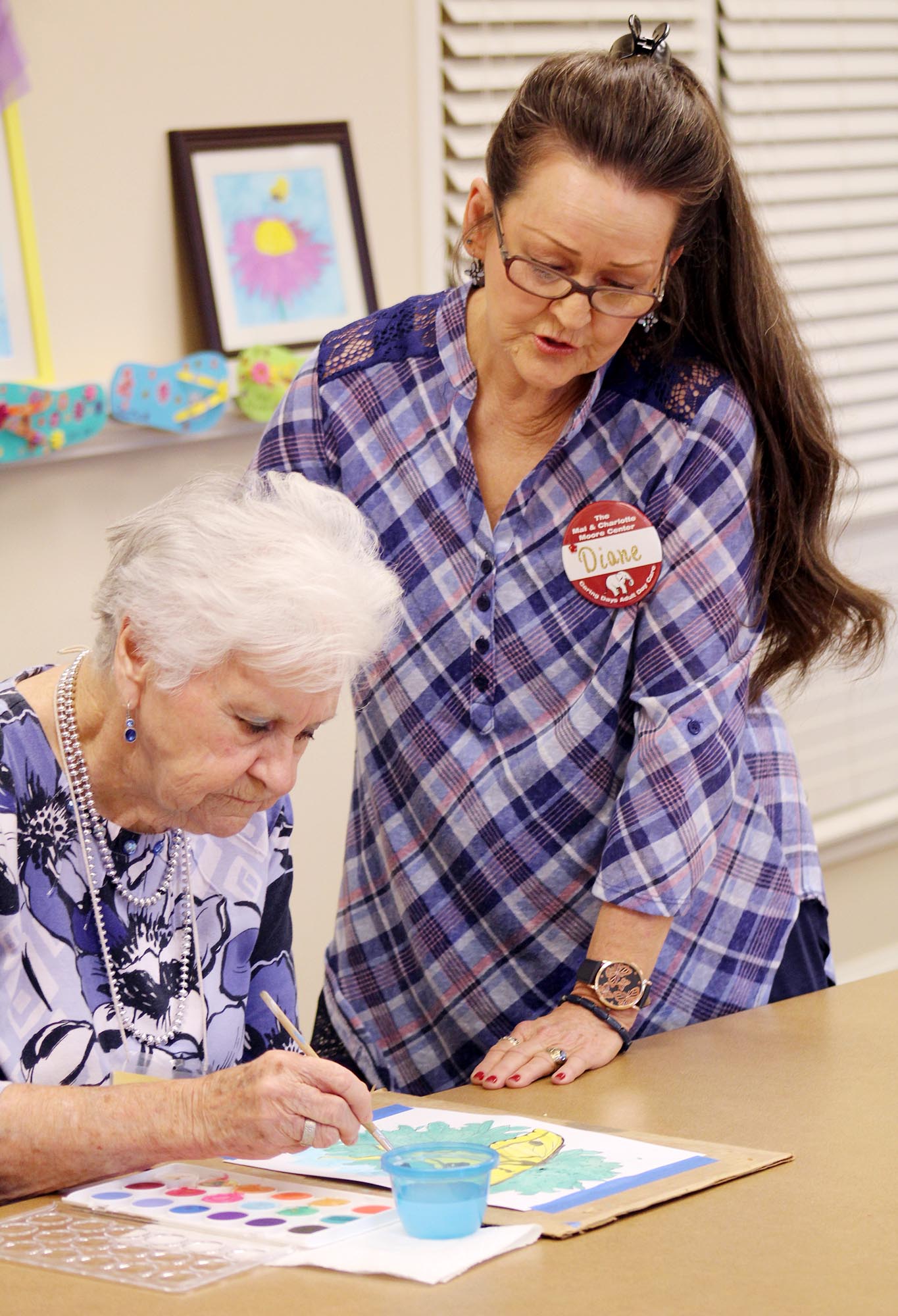Working Past Retirement
/By Michelle Carter
Public Information & Human Resources Manager
West Alabama Regional Commission
Area Agency on Aging
Did you know that just because you reach the “older age” group of our population you don’t automatically find a money tree? You don’t automatically start receiving a check to cover the bills you’ve always had, and maybe new bills from health issues either of your own or loved ones. And if you’re an employer, you don’t automatically get a bright-eyed, highly qualified newbie to replace the seasoned veterans of your workplace. Many older adults want to keep working, are more than qualified to work, and are eagerly searching for employment but struggle to find it for a variety of reasons. Locally, in the West Alabama region, many seniors find themselves landlocked in rural areas with limited employment options. So, what’s a solution as one of our nation’s largest generations, the Baby Boomers, reaches retirement age but doesn’t hit the lucky lotto jackpot?
The answer lies within a program that’s existed since 1965 – the year after the youngest Baby Boomers were born. The Senior Community Service Employment Program (SCSEP) offers assistance to people age 55 and older who also meet federal income guidelines and are currently unemployed but able to work. Locally, the Area Agency on Aging of West Alabama administers SCSEP in its seven-county region. Participants receive paid, part-time job training at one of over 35 local non-profit and government agencies. Through SCSEP, many participants secure employment either at their host agency or elsewhere in their community. Additionally, SCSEP facilitates training opportunities for participants, outside of their host agencies, to keep their skills up to date with the rapidly changing pace of today’s workplace. Some of the areas of continuing education include computer, budgeting and professional development classes.
Dorcas Gaines has been a participant in SCSEP since May. She is currently working as a receptionist and assistant at Community Service Programs of West Alabama in Centreville. “I’ve learned more communication skills and I’m not afraid to get on the computer, not afraid of messing up.” Gaines said. She added that she’s learned how to Google things and has met a variety of people at her SCSEP placement. “SCSEP is teaching me more confidence and teaching me to do what I didn’t think I could do.”
According to the National Council on Aging (NCOA), SCSEP is not only a benefit to older Americans in search of a job, but it also keeps our nation’s workplaces running and advances the communities in which SCSEP participants serve. Jackie Moore is a finance officer at Fayette County Department of Human Resources, a SCSEP host agency. “It helps take the load off others here so they can do their duties” Moore said of SCSEP.
In Tuscaloosa County, Caring Days Adult Day Care has been a SCSEP host agency for nearly two decades. Executive Director Vicki Kerr has worked with dozens of SCSEP participants at Caring Days and said they definitely bring a benefit to the clients. Several participants who have worked at Caring Days in SCSEP went on to be hired as employees. Diane Hannah started at Caring Days through SCSEP in 2007. In 2010, she was hired full-time as a Client Care Specialist. “She is a person with a really big heart. She loves the clients, and another thing that is very important is that she’s very dependable.” Kerr said of Hannah. Hannah previously worked in factories but had to stop after battling cancer. Even though she could no longer perform some physically demanding labor, she still needed to pay her bills and wanted to continue working. She was given the option of working at a school or Caring Days and felt Caring Days would be a good fit. A decade later, Hannah knows that was the right choice. “You get very attached to the clients. They are your family.” Hannah said. “You feel gifted to know that you can do something to help them.”
The program is clearly a value to the community, both to the seniors who want to work and the host agencies who need the help. But this past year has been a rocky road for SCSEP. With a new President in office comes questions of funding. There is a potential for budget cuts and/or elimination of SCSEP entirely. At time of publication, Congress has proposed that SCSEP be transferred to the Administration for Community Living (ACL) from the Department of Labor (DOL) which will bring a $100 million cut. This would have a direct impact on local resources for SCSEP. Advocates continue to ask members of the public who have benefited, or know someone who has, to speak up and share their success stories of the importance of SCSEP. For many local participants, SCSEP has been a huge aid in finding them work as an older adult in their tiny, rural communities. For others, it gives them an outlet to find socialization and friends. “If they take this program away it will be impossible for people, especially my age, to find work” Joneta Ricks, an Office Assistant and Receptionist at Fayette County DHR explained. The program not only helps her financially but she also enjoys being around people. “… this is the best job I’ve ever had. The money is good, but the atmosphere is great.” Ellen Brown, a receptionist at Community Service Programs of West Alabama in Fayette said the program has benefitted her educationally and financially and would be a significant loss. “It benefits me a whole lot. I’ve learned how to deal with people. It helped me learn computer skills.”
Growing older doesn’t have to mean stopping your work. The NCOA states that 88% of participants reported the same or even better physical health while they were employed and 72% reported a better outlook on life while working. Whether it’s financial reasons or a desire to continue doing what you enjoy and keep active, SCSEP is a well-rounded resource that aides and benefits all involved. To find out more about the local SCSEP through the West Alabama Regional Commission’s Area Agency on Aging please visit www.westalabamaaging.org/scsep or call 205-333-2990.







